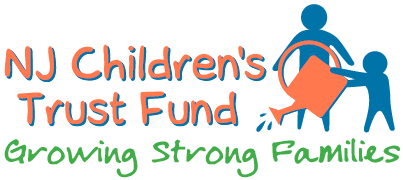The Transitional Education Center program is an alternative, year-round educational program designed to meet the need of an array of "at risk" students*.
The mission of the TEC program is to provide a comprehensive educational program which provides the at risk adolescent with the skills needed to create a positive life for themselves in order to promote their successful reintegration into future school, work and/or community endeavors.
The program supports and encourages each student to earn a diploma from their local high school or to return to their local districts to complete their education.
TEC programs are located in the following DCF Regional Schools:
- Atlantic Campus
- Bergen Campus
- Burlington Campus
- Cape May Campus
- Cherry Hill Campus
- Cumberland Campus
- Mercer Campus
- Monmouth Campus
- Morris Campus
- Union Campus
- Warren Campus
- Serves students between 13 and 21 who have not completed high school;
- Accepts students placed by a Department of Children and Families agency or the courts;
- Accepts students referred by local school districts;
- Provides each student with an educational program based on the curriculum and graduation requirements of their local high school;
- Provides child study team services, as required;
- Provides New Jersey certified teachers;
- Provides an individually designed education program that supports student’s strengths while meeting academic, social and employability skill needs;
- Exposes students to technology which supports real life applications;
- Assists students in their transition to post-secondary education or training;
- Teaches students alternatives to asocial behaviors through peer mediation, conflict resolution and drug/alcohol prevention; and
- Links the student with professional and community resources.
For more information about the TEC program, call the Office of Education at 609-888-7990 or Email: dcf_officeofeducation@dcf.nj.gov.
* At risk" is a common phrase used to describe students who face difficulties known to interfere with their educational success. It doesn't mean that the student will fail, only that the student may face challenges that other students do not. A child can be "at risk" for any of a number of reasons including: homelessness, migrant status, lead poisoning, racism, disabilities, substance abuse, poverty, divorce, teenage parents, limited English proficiency (LEP), abuse and neglect, etc.








